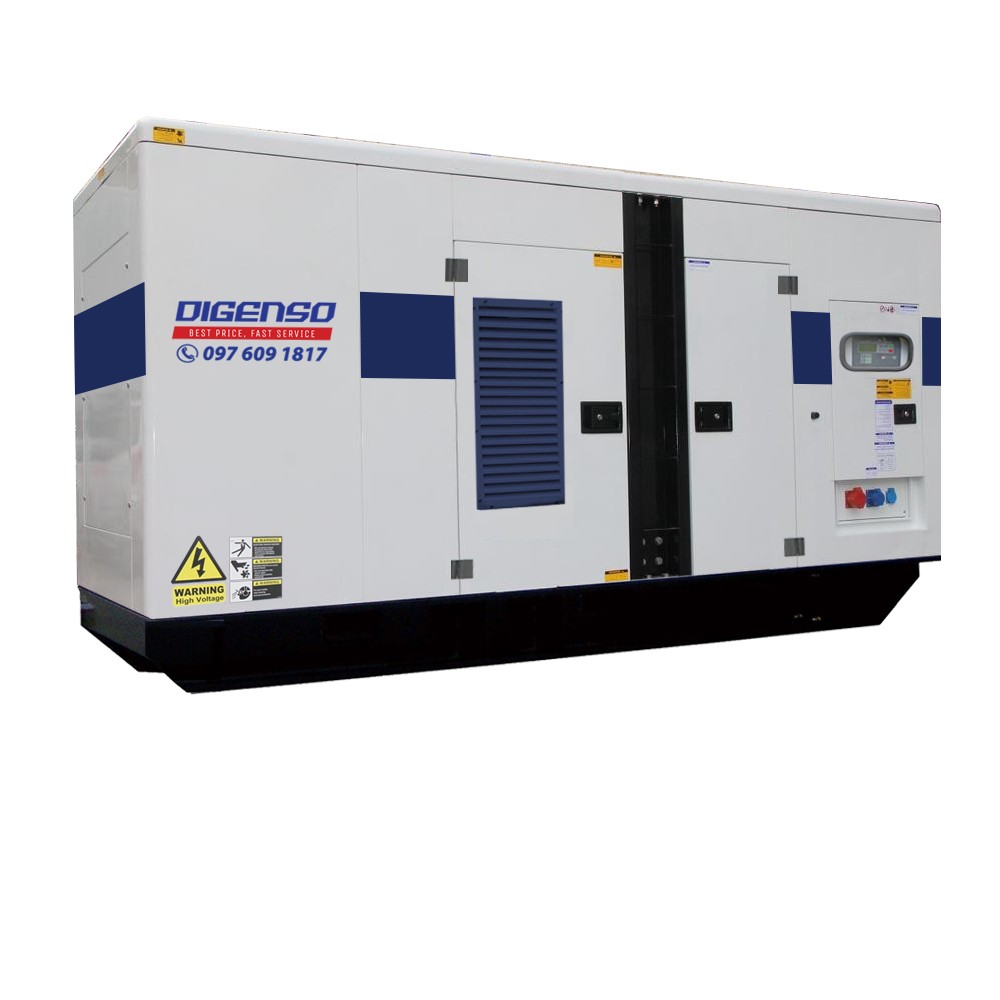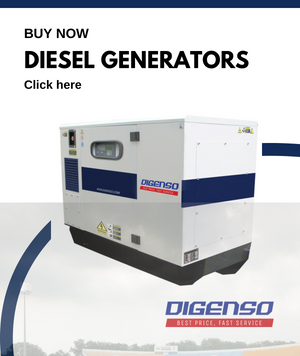- 98 Nguyen Cong Tru Nguyen Thai Binh Ward, District 1, Ho Chi Minh City
- [email protected]
- (+84) 0287 1069 898
Diesel Generator maintenance
Generator proper maintenance not only can reduce the cost of repair but also prolong its service life. The various types of generators used on the unit, such as synchronous generator, charging alternator, series generator and excitation generator. No matter what type of generator, the maintenance is basically the same. The routine maintenance should be done at work or after work. Thus, it can ensure maximum service time for the generator and a smooth operation.
The maintenance tips include the following aspects:
1. Keep generator outer surface and the surrounding environment clean, no any objects are allowed in the generator casing or inner. Remove the sediment, oil and dust, avoid blocking heat dissipation, which can make the electrical generator overheating.
2. Prevent the oil, water and other liquid driping or leaking into the generator interior. Besides, do not make metal objects (such as iron nails, screwdrivers and coins, etc) fall into the generator interior. If found, you should take it out, otherwise, you are not allowed to start the generator.
3. When booting up the generator, you should listen the running sound of the generator rotor, if found the abnormal noise, you should stop and check the electric machine. Monitoring method: Put the one end of the screwdriver blade on generator bearings shell, the ear is attached to the insulated handle of the screwdriver to judge whether the sound is normal by operation experience. Under normal circumstances, the generator sound is stable, even and there is a slight wind. If found the knock or friction voice, it indicates that there exists generator failure. You should make a careful inspection.
4. Before booting the genset, you should check whether the foot push screw is sturdy or not. When the rotating speed reaches the rated value during the operation, if the unit vibration is fierce, you should stop the machine and find out the reason.
5. When the generator is working, you should pay close attention to the indication situations of the ammeter, voltmeter, frequency meter, power factor meter and power meter on control panel so as to know about whether the generator runs normally. If you find that the instrument reading is not within the normal range, it should be adjusted timely. If necessary, stop the machine and do a inspection.

6. Pay attention to the circuit connection situations of the generator so as to ensure the circuit is safe. In addition, you should often touch the generator shell and the bearing cap with your hand to know about the temperature changes of generator parts, the normal temperature shouldn’t exceed 65℃.
7. Check whether the generator grounding is reliable or not.
8. Check the running situation of the collector ring(the electrical contact parts), the normal operation refers that there is no spark or a small amount dark spark, besides, the brush shouldn’t have obvious beating or fracture phenomena.
9. Pay attention to observe the end of the winding, check whether there are flash, spark, burning smell and smoke happened during the operation. If found, it shows that there is insulation damage and breakdown fault. You should stop the machine and check it.
10. In general, do not allow a sudden increase or reduction of a large load. And it is strictly prohibited to be overloaded for a long time or the seriously asymmetric running of the three-phase load. In addition, you should pay attention to ventilation and cooling to prevent moisture or exposure.
11. Pay attention to the connection of the generator as well as the fastening condition of the screw. When the machine is at work, the protective cover for inlet and outlet of the generator end cover is not allowed to be abandoned or damaged. Also, the protective cover cannot be blocked by debris.
(Source : dieselgeneratortech)



